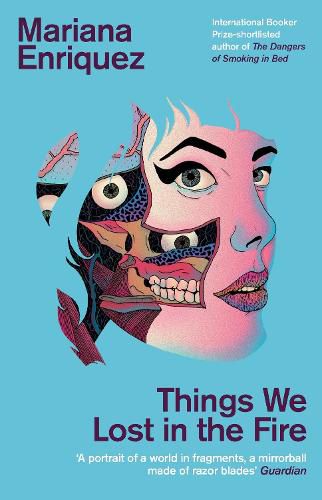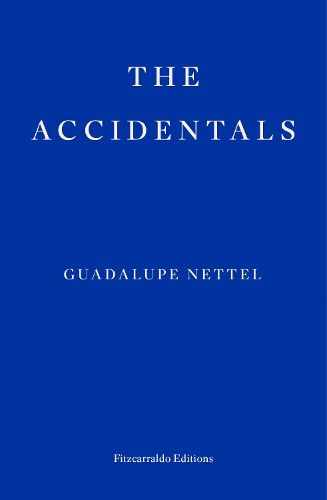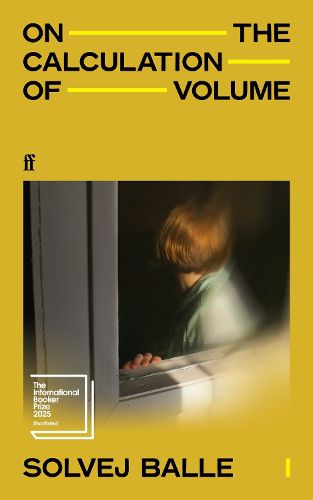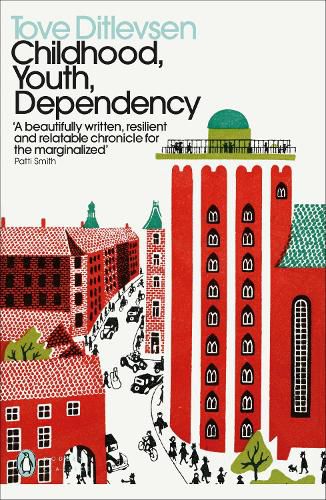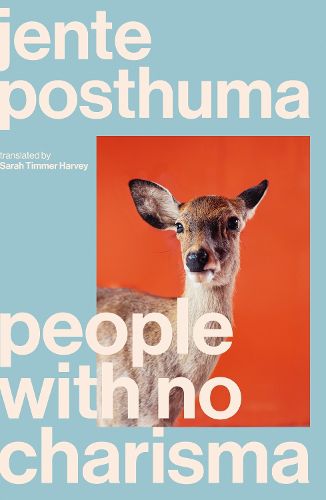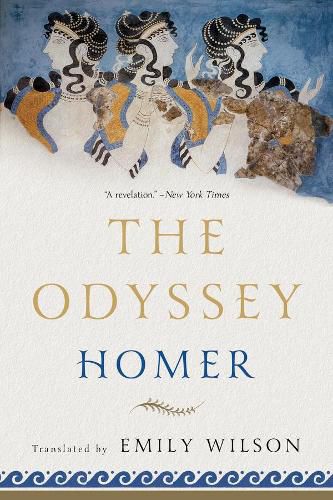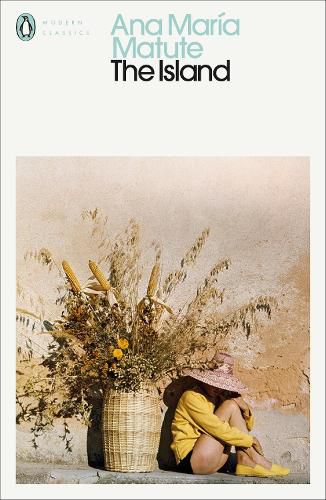August is Women in Translation month, a time for booklovers to broaden their reading and discover the many wonderful women and gender diverse people writing in languages other than English. We have many lovers of translated fiction in our shops (both staff and customers!), so we can't let this occasion go by unmarked.
We've already shared some of our recommendations for Women in Translation month, but that's not enough – now our booksellers are weighing in with their favourite books that have been written by or translated by women. Whether you're new to the world of translated fiction, or you've already read the latest releases and are looking for deeper cuts, our team have something for you.
Gene has been reading
Things We Lost in the Fire
Mariana Enríquez, translated by Megan McDowell
I’m convinced Mariana Enríquez is incapable of writing a bad sentence. Her work, masterfully translated into English by Megan McDowell, is some of the best gothic horror being published today – no mean feat considering the recent boom in the genre.
Drawing on a distinctly Argentinian approach to the macabre, Enríquez writes with a keen awareness of systemic injustice and utilises the weird and the uncanny to explore the depths of these social horrors. Her short story collection Things We Lost in the Fire has a special place in my heart, but her upcoming investigative memoir Somebody is Walking on Your Grave might just steal that spot!
Miranda has been reading:
Dead-End Memories
Banana Yoshimoto, translated by Asa Yoneda
There isn't a Banana Yoshimoto book I've read that I've not enjoyed immensely, but this is an especially wonderful one that I did not want to end. The author considers the short stories in this book to be her personal favourites, and it's an excellent foray into Yoshimoto's work if you've not read her before. It's a magical and compelling collection, featuring five delicate and beautiful stories that follow the lives of five different women.
Justin has been reading
The Accidentals
Guadalupe Nettel, translated by Rosalind Harvey
A sublime series of stories that shift between the everyday & the uncanny, featuring a beautifully-rendered cast of ‘vagrant albatrosses.’ Guadalupe Nettel hones in on small, human peculiarities (our thoughts, desires, or that something that sets us apart from others) and gently teases them out, subtly affording them a central role in how her characters’ lives play out, the choices they make, and the consequences of their actions.
It’s rare that I love each story in a collection, but each of these is its own discrete gem. The overall effect is intriguing and unsettling – the short story as a form doesn’t get much better. Deft, sensitive translation by Rosalind Harvey. Another stunning publication by Fitzcarraldo Editions.
Alison has been reading
On the Calculation of Volume: Book I
Solvej Balle, translated by Barbara J. Haveland
If you haven't yet read Solvej Balle's International Booker Prize shortlisted On the Calculation of Volume, a book about a woman who becomes stuck in time, I am a little jealous of the discovery that still awaits you: I don't feel like I'm overstating things to say that it has the potential to be one of the best and most unusual experiences you'll have in your reading life. I'm also here to assure you that Book II is just as good as Book I. Book III comes out on November 18 this year, a date which will make complete sense once you start reading the first in this seven part masterwork which has been brought into English from the original Danish by Balle's longtime translator and collaborator, Barbara J. Haveland.
Baz has been reading
Childhood, Youth, Dependency: The Copenhagen Trilogy
Tove Ditlevsen, translated by Tiina Nunnally & Michael Favala Goldman
In her review of The Copenhagen Trilogy, the critic Pahrul Sehgal begins by considering a question: ‘How does great literature – the Grade A, top-shelf stuff – announce itself to the reader?’ She said that Nabokov would feel a shiver between his shoulder blades, and for Emily Dickinson it would happen when she could feel physically as if the top of her head were being taken off.
So how does great literature announce itself to me? I’m not sure I know the answer, but it’s a great question because it definitely announces itself when I encounter it, and it’s undeniable. The seething energy and brilliance of The Copenhagen Trilogy blew me away. To me it is a masterpiece, for readers who enjoy a deeply visceral experience. (Shoutout to the incredible work of the translators Tiina Nunnally and Michael Favala Goldman!)
Jo has been reading
Name
Constance Debré, translated by Lauren Elkin
Constance Debré’s autofiction trilogy – Playboy, Love Me Tender, and Name – is a visceral, stifling, completely unsentimental reading experience that has wrapped itself very tightly around my brain. It features a narrator who details in direct, unflinching prose, the wholesale removal of the conventions of French society from her life.
In her early 40s, Debré left her husband, walked away from her career as a criminal defence lawyer to become a full-time writer, rid herself of most of her possessions, shaved her head, and pursued her new desire for women. This renunciation of the past and ultimately of her name (she is the granddaughter of Michel Debré, French Prime Minister from 1959 to 1962) isn’t easy, and that’s where the chaos under this very precise surface roils. While her thoughts are often too complex and fluid to fit neatly within the new rules for living she is creating, she is telling the truth. That’s what matters, and why this trilogy matters too.
Rosalind has been reading
People with No Charisma
Jente Posthuma, translated by Sarah Timmer Harvey
There is a beautiful and misleading ennui around Posthuma's story. That may make it sound dull, but it is far from it! This is a darkly humorous story that is both compelling and insightful. So much happens with seemingly little action, but the breadth of the story is both contained and boundless. The narrator's life is paced out over twelve chapters, it is a study of family life and how each generation effects the next, in sometimes overt ways, and other times less obvious. We are all a product of our environment.
I haven't read Jente Posthuma's first translated work, What I’d Rather Not Think About, but I certainly will now.
Aurelia has been reading
The Odyssey
Homer, translated by Emily Wilson
As the first woman to publish a full English translation of The Odyssey, I believe Emily Wilson’s milestone is a significant voyage in and of itself, in women’s literature and within Classical studies.
Her lyrical, fluid and accessible prose immediately transports you back into the glories of Ancient Greece, whilst underscoring the universal experiences of love, grief, internal struggle, and the strength of the human spirit which still greatly resonates with us today. In a world of gods and monsters, Wilson’s translation of a story about the consequences of war and the journey home has never felt so intimate before.
Kylie has been reading
The Island
Ana María Matute, translated by Laura Lonsdale
I really enjoyed The Island by Ana María Matute! It's a coming-of-age story set during the Spanish Civil War, but what drew me in was the atmosphere. The whole book feels soaked in Mediterranean heat – fig trees, olive groves, that hazy air that makes everything seem a little unreal. The island setting becomes part of the story itself. I found myself thinking about all the visual details long after I finished reading.
If you like books where the place feels as important as the people, you might really like this one too.
Angela has been reading
Pink Slime
Fernanda Trías, translated by Heather Cleary
In a dystopian future where climate change has ravaged the city, the unnamed narrator continues to work as a carer for a disabled child, worrying about her mother and her ex, whilst the population gradually abandons the city. She has a compelling voice, as she grapples with her reduced circumstances, the toxic algae and terrible winds that sweep the streets. She is philosophical about the crisis, trying to make the best of things, and her insights are profound.
It’s easy to see why this remarkable Uruguayan novel won so many prizes – I couldn’t stop thinking about it long after the last page was turned.


